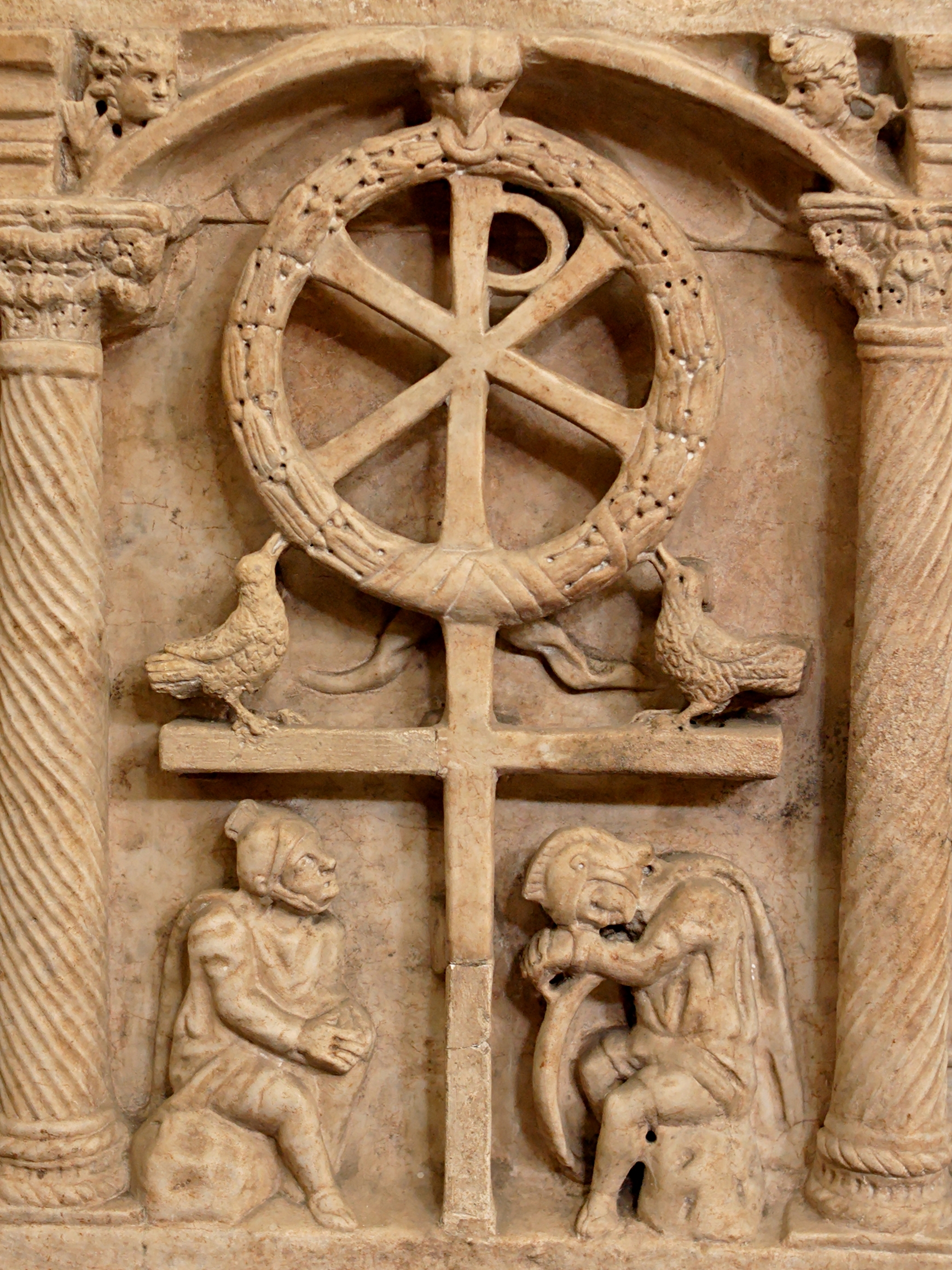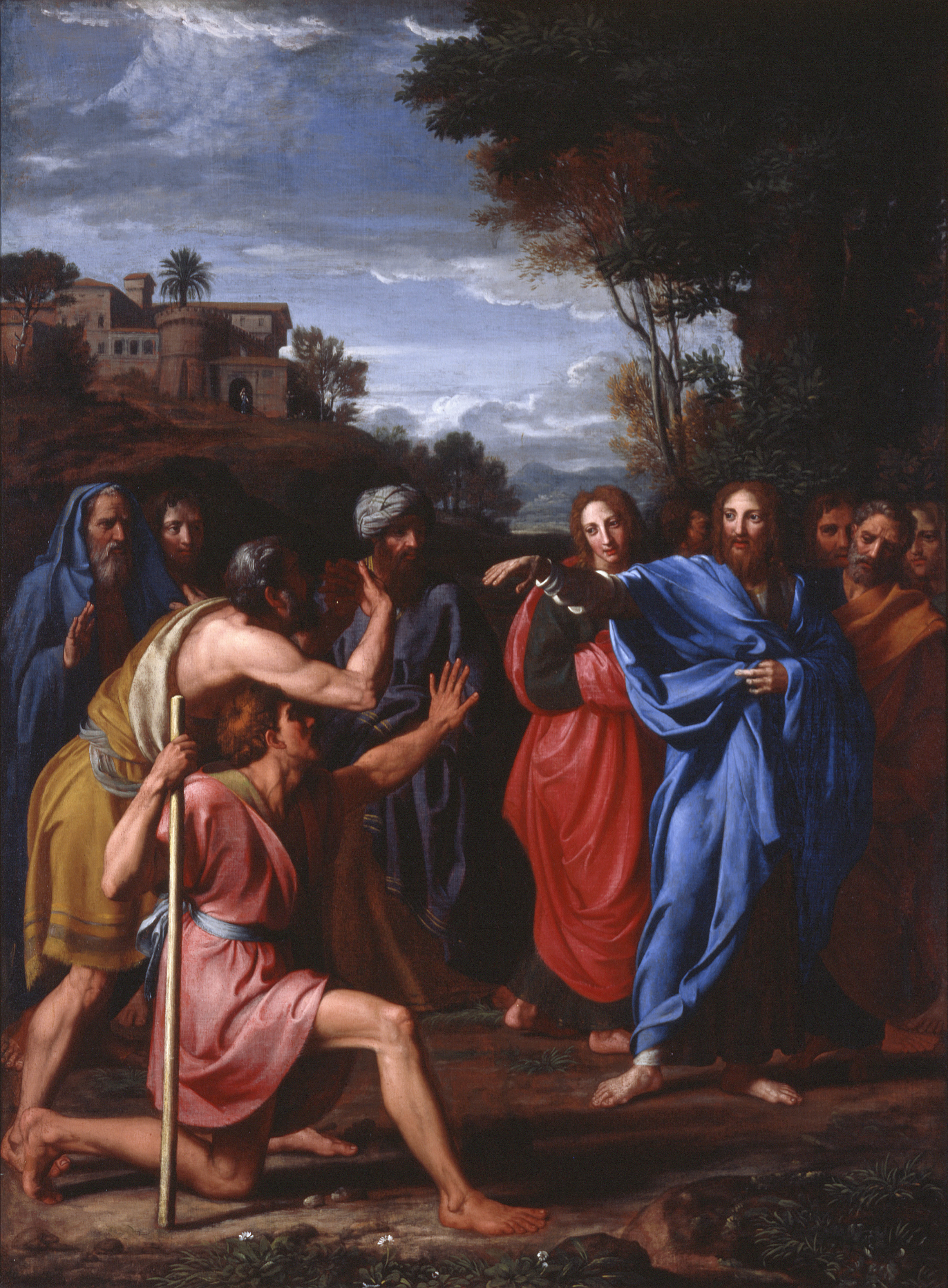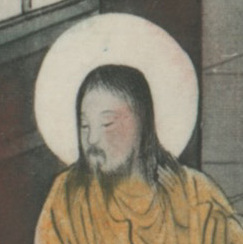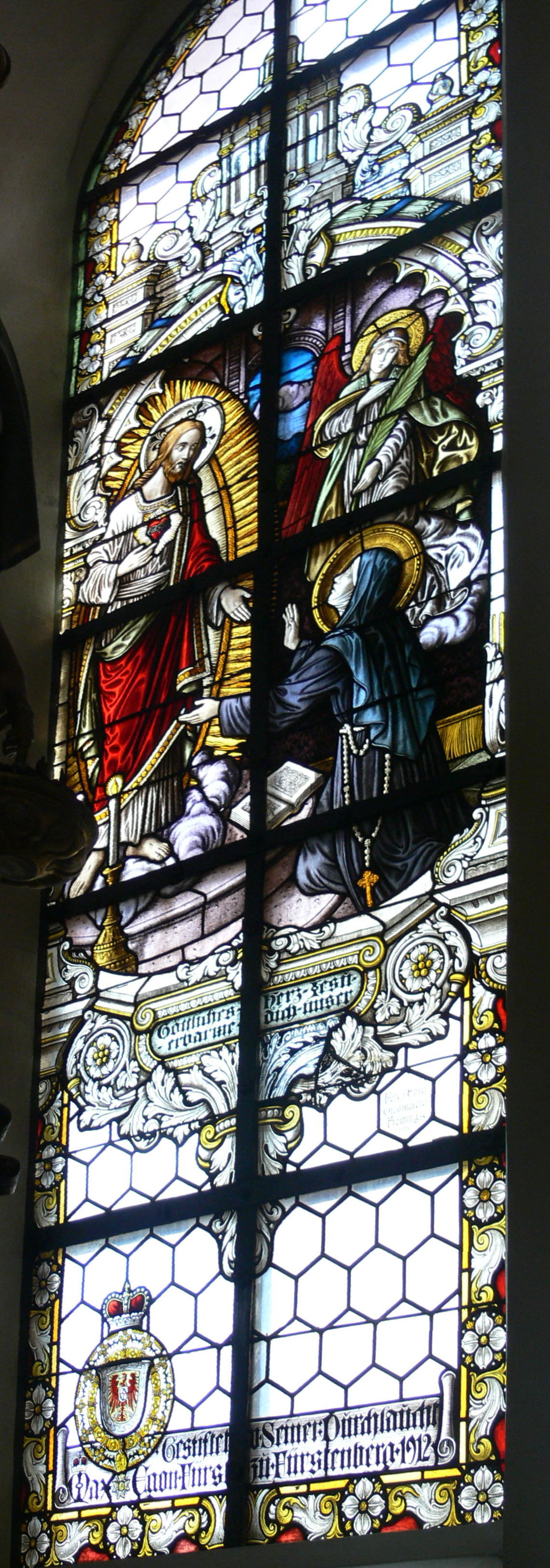30th Saturday of the Year (31 Oct 2009)
Rm 11.1-2, 11-12, 25-29; Ps 94; Lk 1. 7-11
Homily of Fr. Paul Panaretos, S.J.
Meaning Often Overlooked
Rm 11.1-2, 11-12, 25-29; Ps 94; Lk 1. 7-11
Homily of Fr. Paul Panaretos, S.J.
Meaning Often Overlooked
Chapters 9 through 11 in the Letter to the Romans are St. Paul’s rereading of the history of God with people as the bible presented it. St. Paul was not alone in rereading the bible’s history. “To a large extent, being a Jew in the first century meant to take part in the debate of the meaning of Torah, with each sect and group finding in the tradition the basis of its own claims...to the exclusion of the claims of others.”/1/ Although we usually assume it was monolithic, Judaism was not.
St. Paul’s rereading, like other New Testament witnesses, was shaped by belief in Jesus; that made it unique. St. Paul’s belief in Jesus shaped his thought; he thought as a person of faith. God was the principal actor in the drama of world history. As he began the Letter to the Romans, St. Paul wrote: ever since the creation of the world, [God’s] invisible attributes of eternal power and divinity have been able to be understood and perceived in what he has made;/2/ and he closed Chapter 11: For from him and through him and for him are all things. To him be glory forever! Amen!/3/
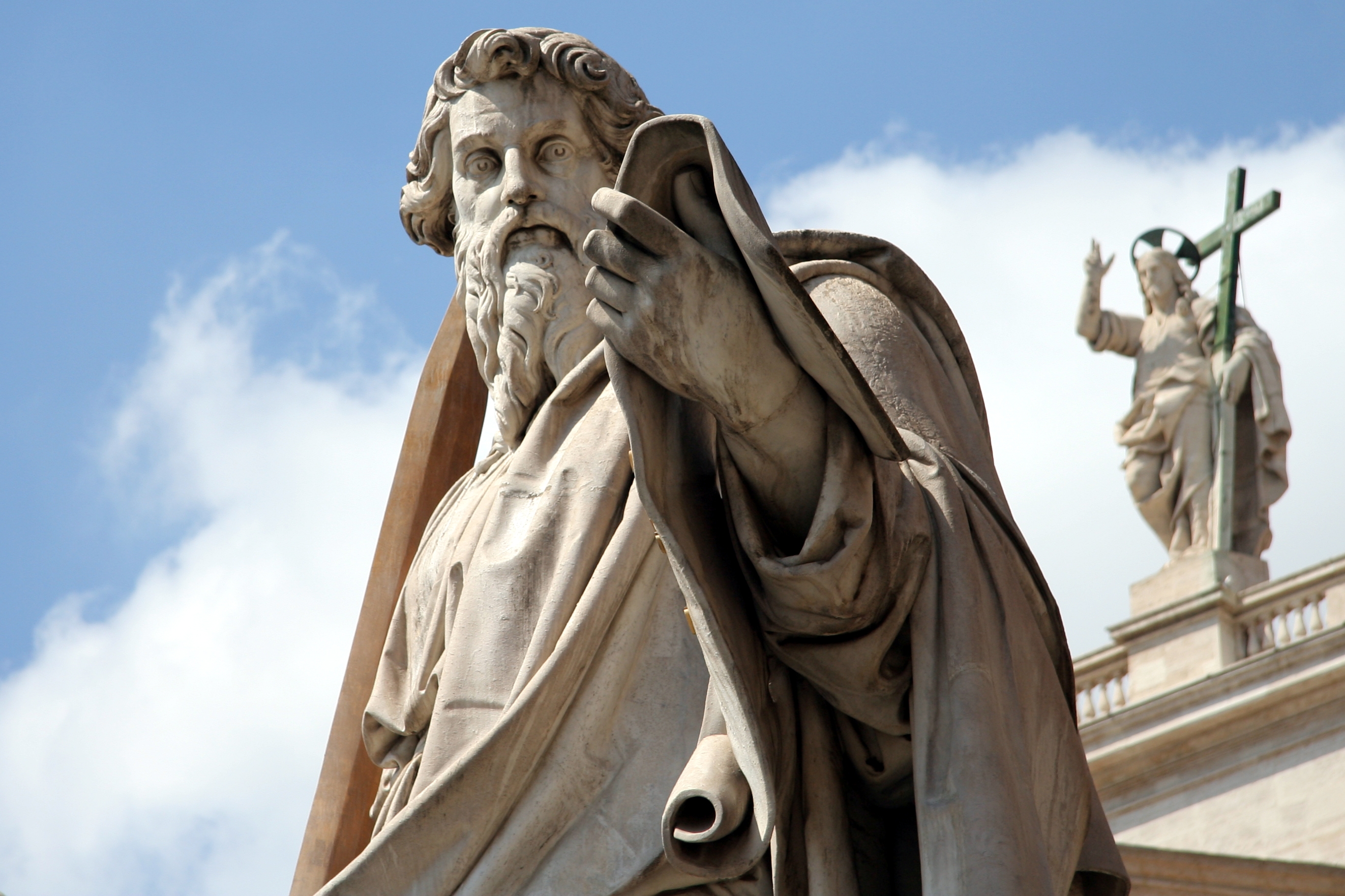 Yet St. Paul found himself in a predicament of the all and some. That’s the context of the first reading. God created all humans, but only some responded to their creator. Jews had God’s covenant, yet not all lived that covenant [torah often translated with the world law, which confuses us more]. Some responded to Jesus, the dead and risen One, but not all embraced him as God’s messiah. And among the Jews were some like St. Paul, whose relationship with the chosen people was alive and who rejoiced to call Jesus the crucified messiah. St. Paul addressed his predicament in today’s reading.
Yet St. Paul found himself in a predicament of the all and some. That’s the context of the first reading. God created all humans, but only some responded to their creator. Jews had God’s covenant, yet not all lived that covenant [torah often translated with the world law, which confuses us more]. Some responded to Jesus, the dead and risen One, but not all embraced him as God’s messiah. And among the Jews were some like St. Paul, whose relationship with the chosen people was alive and who rejoiced to call Jesus the crucified messiah. St. Paul addressed his predicament in today’s reading.St. Paul did so in religious—as opposed to philosophical—meaning. When you and I express religious meaning, we are not always logical. Jesus, dead and at the same risen, is an example. St. Paul proclaimed a mystery not a philosophy.
The mystery is that humans cannot discern God’s purpose, which works for the good of humans and all creation./3/ Our limitations, of course, do not limit God. We can speak of God’s mystery only because of what God has already done in and for us through Jesus’ dying and rising and giving us his Spirit.
Remembering that religious meaning was at the heart of St. Paul's proclamation of the gospel and that religious meaning is not always logical, we can appreciate the meaning of Zion. Zion, which stands for all Israel is not limited to Jews; it includes Jews who accept God’s mysterious and gracious purpose, plus the full number of the Gentiles who do likewise!
It is not easy to appreciate this mystery even when read in context of St. Paul’s entire Letter to the Romans. We are always challenged to remember that God is the principal actor in everything and that God delights that humans take supporting roles in a drama that is no longer only about created things but about an utterly new, completely new creation in Jesus, our Messiah and Lord. The truth of St. Paul’s conviction, the gifts and the call of God are irrevocable, begins to satisfy us, only when we begin to recognize and name our individual gifts, which is the beginning of prayer. Prayer is not always logical and supports us as religious, that is, people of faith. Refusing to overlook religious meaning cooperates with Jesus’ Spirit at work in us. By that meaning Jesus shapes us as his disciples today.
____________
1. Luke Timothy Johnson, Reading Romans: A Literary and Theological Commentary. NY: Crossroad Publishing Co., 1997. pp. 141-142.
2. Romans 1.20
3. Romans 11.36.
4. Romans 8.28.
____________________________________________
Wiki-image by AngMoKio of a statue of St. Paul is used according to the Creative Commons Attribution ShareAlike 2.5 license. Wiki-image from a copy of the Book of Revelation is in the public domain.
